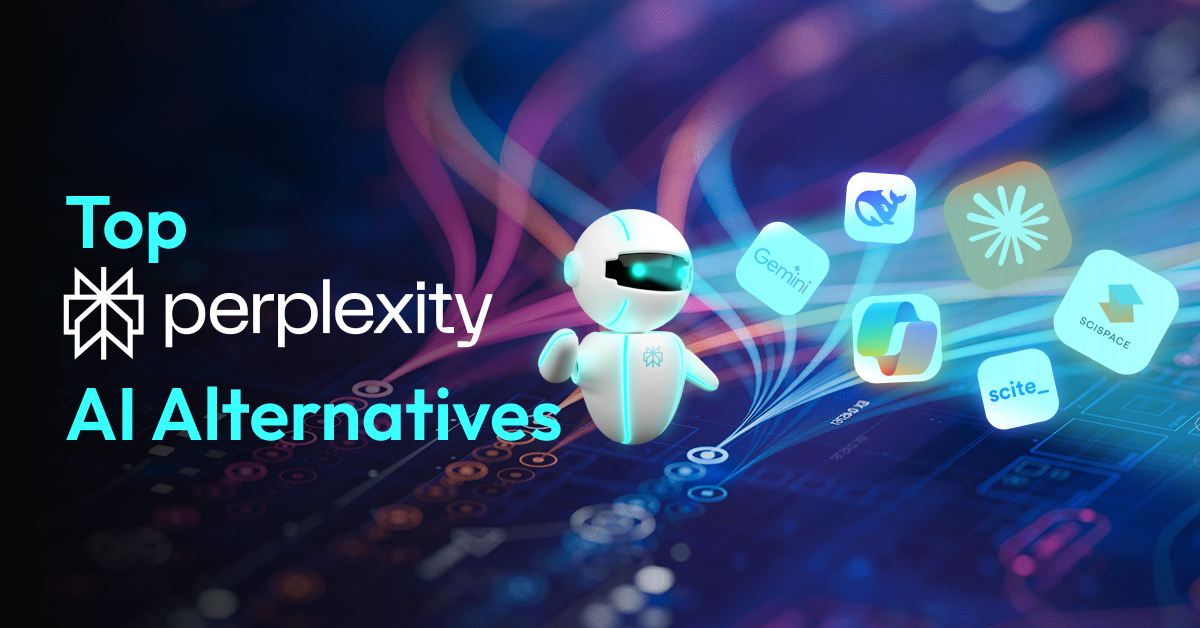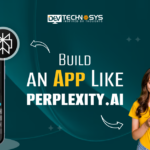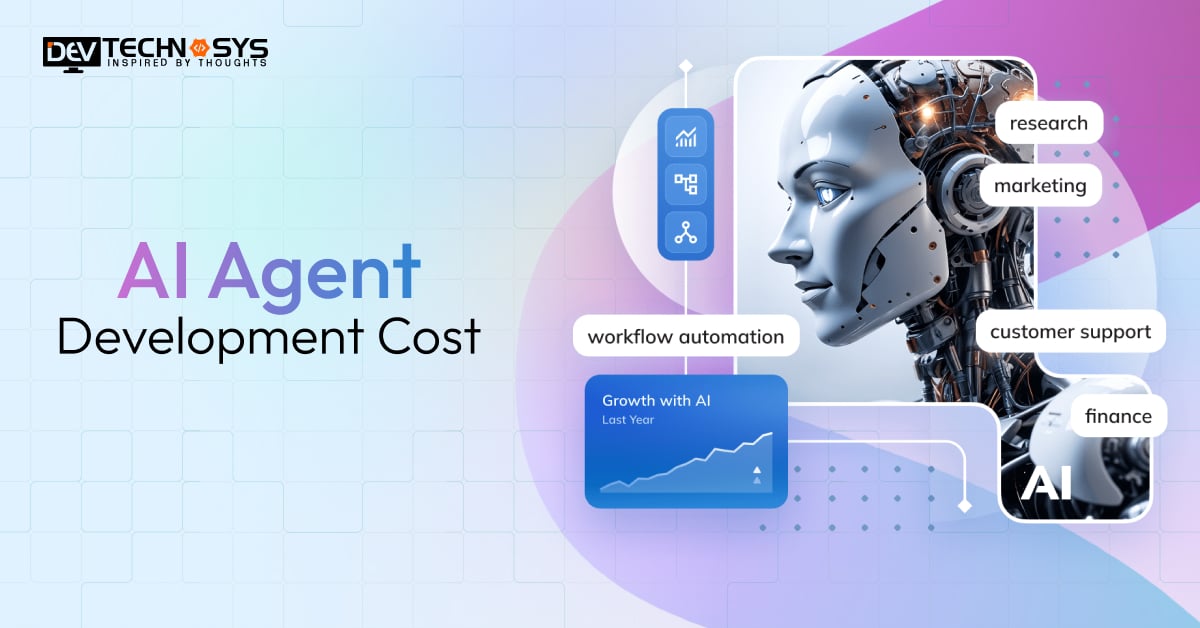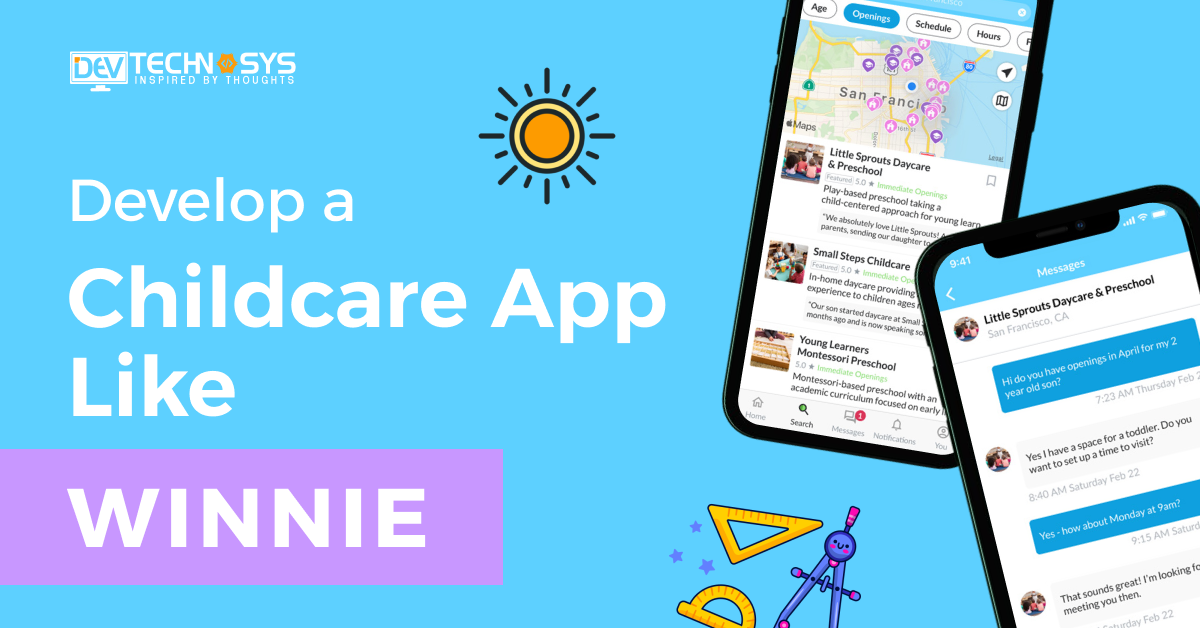The AI Search Engine market is on fire and is projected to reach an estimated $43.63 B in 2025 and 14% CAGR through 2032. While Perplexity AI has emerged onto the scene and, as of March 2025, boasts a valuation of $18 billion and over 160 Million Monthly visits, there are many players in a growing market with numerous choices.
Perplexity has a 6.3% market share as of April 2025, which is a significant number, but lags far behind the market leaders, Chat GPT (approximately 60% of the market share) and Google Gemini (over 13%).
Not only is the AI Search Engine marketplace maturing, but many users are now seeking alternatives to Perplexity as search behavior shifts towards conversational and personalized search experiences.
This blog will get into the top AI alternatives to Perplexity to think about in 2025 and highlight their strengths and what they will mean for the future of search.
Top Perplexity Alternatives in 2025
Here is the list of top perplexity alternatives in 2025 that you must know about. In this section, we have covered all of the amazing apps like Perplexity AI.
1. ChatGPT (OpenAI)

As the clear leader in conversational AI, ChatGPT remains at the forefront of these technologies, boasting advanced capabilities in natural language processing services, understanding, and generation. It is the best alternative to Perplexity across a broad spectrum of applications, ranging from detailed research and creative writing to extensive coding and content generation.
The model continues to improve, and with nearly 60% of the market share, ChatGPT has positioned itself as the most scalable and adaptable AI tool for various tasks and roles.
Feature |
Detail |
| Launch Date | November 30, 2022 |
| Downloads | Primarily web-based |
| Founders | Sam Altman, Greg Brockman, Ilya Sutskever, Wojciech Zaremba, John Schulman, Jeremey Stoppelman, Pieter Abbeel, Trevor Blackwell, Vicki Cheung, Andrej Karpathy, Durk King, Shivon Zilis, Jonas Schneider (OpenAI founding team) |
2. Google Gemini (Google)
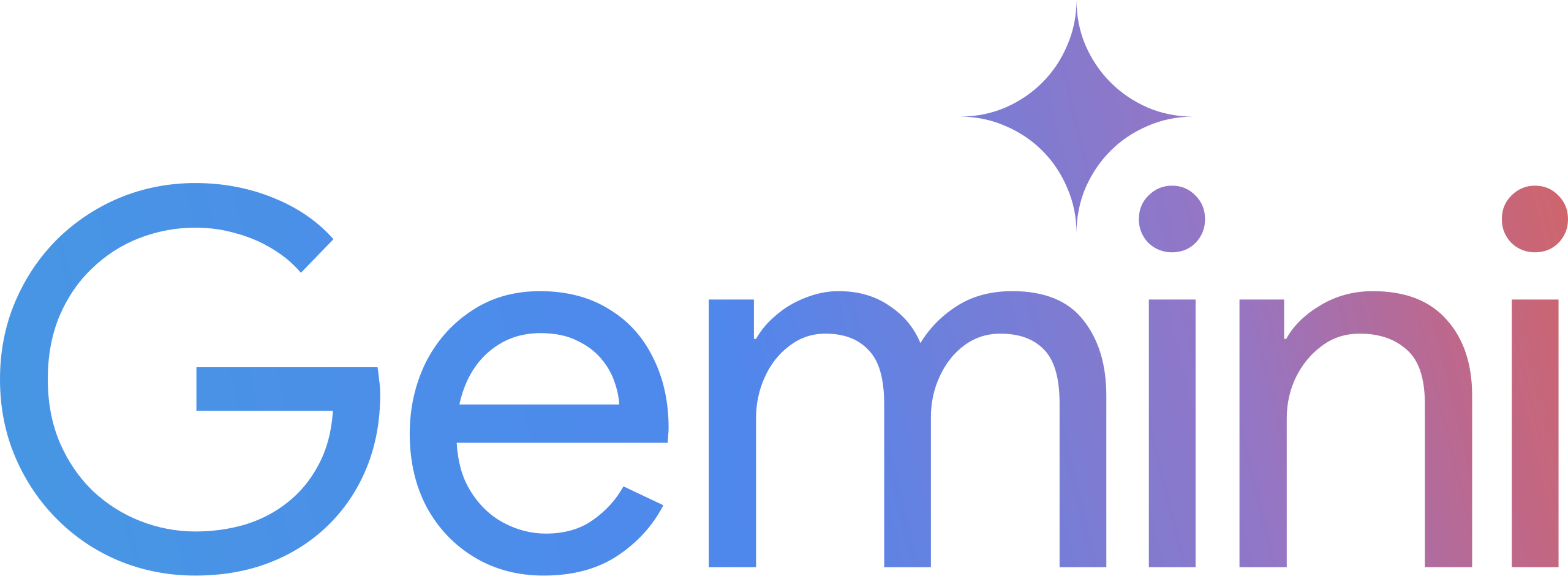
Google’s new multimodal AI, Gemini, has unveiled a deep synthesis across text, image, audio, and video, enabling rich and interactive experiences. Additionally, Gemini’s deep integration into Google’s ecosystem, which includes search and the full suite of Google Workspace, provides unmatched capabilities for accessing information and conducting conversations.
In independent research, Gemini excels in problem-solving exercises that support creative work. If you want to create an AI app like Gemini, then consult with a Chatbot development company.
Feature |
Detail |
| Launch Date | December 6, 2023 |
| Downloads | Not applicable (integrated into Google services and apps like Google Bard, Google Search, and Pixel phones). |
| Founders | Google (Sundar Pichai, Demis Hassabis, Shane Legg, Mustafa Suleyman – key figures in AI development at Google/DeepMind) |
3. Microsoft Copilot

With deep integration across all Microsoft 365 applications, including Word, Excel, Teams, and more, Copilot represents the ultimate productivity enhancement tool.
It is the best Perplexity AI alternatives, adding a real-time component to users’ workflows in its most popular applications by utilizing contextual awareness to enhance the user experience, summarize texts, analyze complex data, and automate repetitive tasks. Such enhanced functionality makes Copilot an intelligent addition for any business professional or consumer who engages with the Microsoft 365 ecosystem.
Feature |
Detail |
| Launch Date | March 16, 2023 |
| Downloads | Not applicable (integrated into Microsoft 365 and Windows) |
| Founders | Microsoft (Satya Nadella, Kevin Scott – key figures in AI development at Microsoft) |
4. Claude (Anthropic)

Claude, which comes from Anthropic, places a strong emphasis on ethical AI and nuanced, contextualized interactions. It is a strong advocate of safety and responsible AI use and is a consistent source of thoughtful and insightful conversational experiences.
If you develop an app like Claude AI, it is an excellent candidate for comprehensive research, particularly on very sensitive and complex questions that require careful and precise attention.
Feature |
Detail |
| Launch Date | March 14, 2023 |
| Downloads | API and web access |
| Founders | Dario Amodei, Daniela Amodei, Jack Clark, Jared Kaplan, Sam McCandlish, Ben Mann, Scott Niekum, Tom Henighan (founding team of Anthropic) |
5. You.com

This exciting alternative to Perplexity AI makes it very easy to personalize the search experience for a privacy-considered result. In other words, You.com lets users take control of the results they receive by eliminating traditional search model interferences.
It features several AI functionalities, including YouChat, which provides conversational results, and it reassures the user by taking steps to track their online activity. This is an attractive option for people who want their information discovery to be personal, secure, intelligent, open, and transparent.
Feature |
Detail |
| Launch Date | December 2021 |
| Downloads | Primarily web-based |
| Founders | Richard Socher, Bryan McCann |
6. DeepSeek AI

DeepSeek AI originates from a rapidly growing Chinese start-up that is dedicated to providing affordable yet powerful AI tools for technical areas, particularly those oriented towards coding. It is already going to become extremely popular in early 2025 to provide advanced AIs at elementarily low costs compared to the current major models that companies spend money on.
For example, this could provide popular solutions for software developers and users with more limited budgets, which could be approximately the same cost as developing a Chatbot.
Feature |
Detail |
| Launch Date | 2024 |
| Founders | DeepSeek (details of specific founders not widely publicized for the AI division |
7. Komo AI

Komo is a sharp-looking AI search engine that takes pride in its minimalist design concept that prioritizes the removal of ads entirely, along with very clear source citations for its results.
It is the top Perplexity AI alternatives that allows users to ask questions, see what the news is, and explore content, and it goes out of its way to be transparent, credible, and helpful with the attribution of certain information.
With an above-average emphasis on the user experience and clarity of information, this search engine is an attractive approach for people who want a clear and reliable answer without a lot of excess information.
Feature |
Detail |
| Launch Date | 2023 |
| Downloads | Primarily web-based |
| Founders | Komo Technologies Inc. |
8. iAsk AI

iAsk AI has a very simple-to-use front end in the sense that it has already implemented methodologies for the retrieval of accurate information that is very fast and exceptionally relevant to the user.
iAsk AI is based on a large-scale Transformer language model for a set of solutions for casual everyday queries and more exacting professional queries. Build an app like perplexity.ai or iAsk AI, and its proven ability to have a lot of similarities to lots of varying queries makes it an outstandingly efficient AI.
Feature |
Detail |
| Launch Date | Likely 2023 or early 2024 |
| Downloads | Web-based |
9. Pi (Inflection AI)

Pi is designed by Inflection AI to be a personal AI, offering an empathetic and attentive conversation experience. Pi is designed to perform live web searches, similar to Perplexity; however, the primary difference lies in its purpose, focus on emotional intelligence, and personalization elements.
ChatGPT integration services are specifically designed for an experience where users want a robustly human-like experience with a warm and caring AI companion feel.
Feature |
Detail |
| Launch Date | May 2, 2023 |
| Downloads | Web and App |
| Founders | Mustafa Suleyman, Karén Simonyan, Reid Hoffman |
10. Chatsonic (Writesonic)

Chatsonic is a Perplexity AI open-source alternative that provides more than just chat capabilities. Chatsonic utilizes Writesonic, making it a perfect all-in-one AI writing partner for content creators and digital marketers.
Chatsonic is an AI app like Perplexity AI that provides live web searches and the latest multilingual content generation and image generation capabilities. Chatsonic has many features that make it extremely versatile to accommodate many types of creative and professional use cases.
Feature |
Detail |
| Launch Date | November 2022 |
| Downloads | Web Platform |
| Founders | Samat Jain (Founder of Writesonic) |
11. Brave Search AI
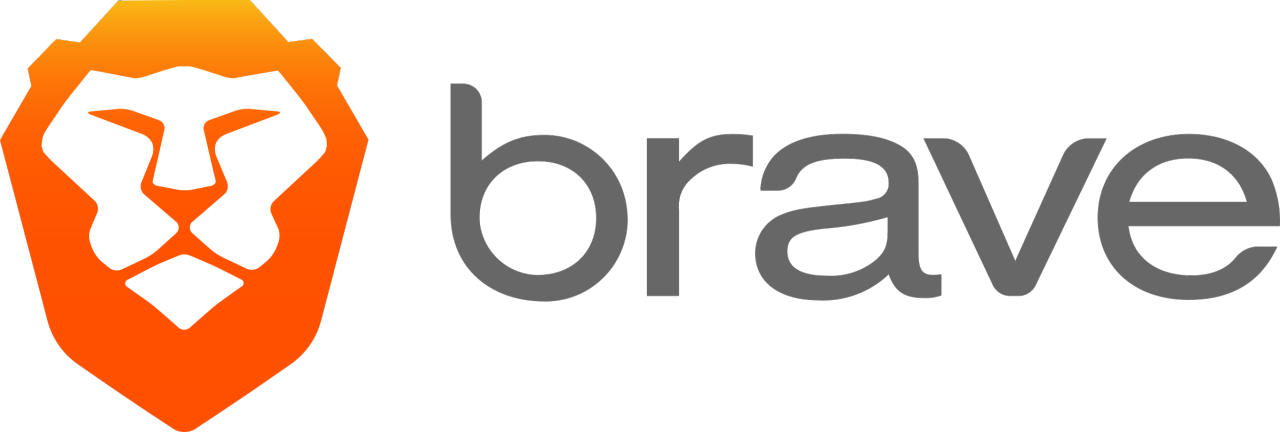
Brave Search, known for its privacy-centric web browser, is introducing a new feature combining the generative AI experience with its “Answer with AI” feature.
Brave Search AI offers users a comparable experience to more advanced conversational AI tools, utilizing privacy and usability controls, as implementing privacy has always been a core ethos of Brave. This is a handy tool for those who take data privacy seriously and require a search engine to take that into account.
Feature |
Detail |
| Launch Date | June 2021 |
| Downloads | Brave Browser has over 60 million monthly active users |
| Founders | Brendan Eich (Founder of Brave Software) |
12. Andi Search

Andi offers a distinct AI search experience. Andi provides responses through chat as well, but they do so with visual elements to augment the information, not just text.
Andi is a free Perplexity AI alternatives that has created a search experience not only to provide a process but also to create an engaging visual experience. By successfully combining text with visuals, Andi creates a simple and easy way to interpret complex information for its users.
Feature |
Detail |
| Launch Date | November 2022 |
| Downloads | Web-based |
| Founders | Finbarr O’Driscoll, Jeffrey R. Smith |
13. Elicit

Elicit is an open-source Perplexity alternative purposely built to do the hard and often painful work of literature reviews in an efficient way. When you enter a topic into Elicit, it searches multiple academic databases, aggregating data, summarizing findings, and helps you see the crux of many academic papers that are relevant to your own work.
Elicit is an excellent alternative to Perplexity AI for students and academics who want to create research workflows that are as streamlined as possible.
Feature |
Detail |
| Launch Date | June 2022 |
| Downloads | Web-based |
| Founders | Apoidea AI (organization behind Elicit); Andrew Lampinen (key researcher) |
14. Consensus

Consensus AI was created to answer research questions by abstracting and synthesizing, sadly, non-peer-reviewed studies and only peer-reviewed academic studies, too. Consensus is the most used Perplexity AI alternatives that has provided you with the academic consensus results of peer-reviewed academic studies while providing you with strong references in each of the original documents.
ChatGPT alternatives provide the highest level of credibility and transparency. Likewise, to every other tool provided here, it is a real, bona fide resource to get evidence-based answers quickly for academic or professional work.
Feature |
Detail |
| Launch Date | 2021 |
| Downloads | Web-based |
| Founders | Eric Olson, Kevin Olson |
15. Scite

Scite uses advanced AI technology to provide insights into how academic research papers cite one another by developing “Smart Citations,” which explain whether a particular citation provided support for the reference, conflicted with it, or simply mentioned it.
The Perplexity AI alternatives are free and can provide important information on the credibility, impact, and how it is related to the research context, which helps in critiquing sources and deepening the understanding of scholarly conversations.
Feature |
Detail |
| Launch Date | 2018 |
| Downloads | Web-based subscription service |
| Founders | Josh Nicholson, Sean Rife |
16. ChatPDF

ChatPDF transforms user engagement with PDF files. Users can upload their PDF files and then ask questions to receive straightforward and accurate answers straight from the document.
According to the mobile app development company, this new tool is invaluable for quickly understanding technical, difficult reports, research papers, or any lengthy document, making dense information easily understandable.
Feature |
Detail |
| Launch Date | Late 2022 |
| Downloads | Web-based |
17. Research Rabbit

Known as ‘Spotify for Papers’ by some, Research Rabbit is a very intuitive and visual way to engage with academic literature. By entering a few selected papers, it will visualize a complex citation network and recommend articles, highlighted authors, and former and later seminal works while also providing a great visualization of the progress of research fields and their new intellectual connections.
Feature |
Detail |
| Launch Date | 2021 |
| Downloads | Web-based |
| Founders | Jürgen Pfeffer, Jason Portenoy |
Interested in a chatbot demo, pricing, or more info? Fill out the form our expert will contact you shortly.
-
Chatbot Demo
-
Cost to Develop an app
-
Industry Report
-
Case Study
18. SciSpace AI

SciSpace AI makes understanding highly technical scientific papers easier by providing easy-to-read, digestible comments around complex sections. Users upload their PDF papers, ask specific questions, and receive understandable comments, particularly useful for STEM subjects.
ChatGPT Vs. Google Bard contains a powerful search function for discovering new papers, helping to make difficult scientific concepts much more accessible.
Feature |
Detail |
| Launch Date | 2015 |
| Downloads | Web-based |
| Founders | Adithya Ganesh, Nishchay Shah |
19. Avidnote

As a full-featured, very secure AI research hub, Avidnote supports researchers throughout the entire research process. It fully integrates powerful AI summarization tools, intelligent writing tools, and features to help you connect ideas across sources, all in a secure environment.
Avidnote is a perfect Perplexity AI alternatives for researchers and academics who want privacy with a broad toolkit & integrated overall research support.
Feature |
Detail |
| Launch Date | 2020 |
| Downloads | Web-based |
| Founders | Joakim Andersson, Gustaf Ohlin |
20. YouChat (from you.com)
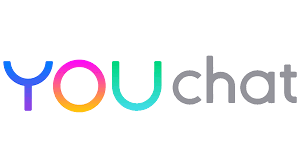
YouChat is a part of the You.com family of tools, including YouTrack. It’s an innovative conversational AI platform built for personalized search. It is the best Perplexity.AI alternatives for summarization & creating content, continually prioritizing a privacy-based & customizable approach to information gathering.
If businesses develop a chatbot app like Grok or YouChat, it is designed for users who want a more interactive and controlled online search experience.
Feature |
Detail |
| Launch Date | December 2022 |
| Downloads | – |
| Founders | Richard Socher, Bryan McCann (Founders of You.com) |
21. Phind

Phind is a popular Perplexity AI-free alternative, especially for the unique needs of developers and programmers, and provides incredibly accurate answers to challenging coding questions with incredible detail.
It generates and debugs code for users in real-time and is often quicker and more efficient than traditional online message boards. Phind is a bit limited in that it is fairly text-based; however, its niche area of specialization makes it a very welcome resource for technical workers.
Feature |
Detail |
| Launch Date | Late 2022 |
| Downloads | Web-based |
| Founders | Harry Deng (Founder of Phind) |
22. Kagi AI

Kagi is a privacy-oriented search engine that provides a simple, ad-free search experience that includes AI-generated summaries and answers.
It puts the user in control of their search results and is very much about providing a cleaner, more personalized search experience as opposed to what one would typically get from other search engines. The AI features are meant to deliver relevant, succinct answers, right away meaning fewer clicks through unnecessary links.
Feature |
Detail |
| Launch Date | 2018 |
| Downloads | Subscription-based web service |
| Founders | Vlad Precup |
23. Andi (Advanced Features)
You highlighted Andi Search, but many of its advanced features or paid tires provide more powerful AI capabilities, like deeper adjunct options to external tools and unique data analysis options beyond its free or core offer. These capabilities could include things such as a more nuanced generation of answers or personalized insights.
Feature |
Detail |
| Launch Date | November 2022 |
| Downloads | Web-based |
| Founders | Finbarr O’Driscoll, Jeffrey R. Smith |
In A Nutshell!
The AI search field is rapidly diversifying beyond Perplexity AI alternatives. In 2025, a wide range of alternatives cater to specialized needs—from conversational interfaces like ChatGPT and Google Gemini to research-focused tools such as Elicit and Consensus, as well as privacy-centric solutions like You.com and Brave Search AI. There are now more options than ever before.
Whether you need support with coding, academic writing, or creative projects or prefer a more private and personalized search experience, there’s a solution for you.
Every modern AI development company is contributing to this growing ecosystem, pushing the boundaries of what’s possible in intelligent search. Take advantage of these innovations to access and process information more efficiently and precisely than ever before.
FAQ
Q1. Why Would You Use Any Of These Alternatives Over Perplexity Ai In 2025?
Perplexity AI is very strong. However, the AI market has changed significantly, and it is continuing to evolve. Each of these alternatives offers specialized strengths in specific areas – creative writing, ethical AI, coding, and academic research, all of which could be more suited to your needs, workflow, and process for 2025.
Q2. What Is The Best Alternative For Content Creation And Creative Tasks?
For content creation or creative tasks, ChatGPT and Claude are generally the best options. ChatGPT has good performance in many areas of content generation, and Claude is widely recognized for its nuanced, human writing style and ethical context, so both are a good fit for creative projects.
Q3. Are There Perplexity Alternatives That Prioritize User Privacy?
Yes, You.com and Brave Search AI are strong alternatives prioritizing user privacy. You.com offers customizable, private search, while Brave Search AI integrates generative AI while maintaining Brave’s commitment to data protection and minimal tracking.
Q4. Which AI Tools Are Best For In-Depth Academic Research?
For in-depth academic research, Elicit, Consensus, and Scite are highly recommended. Elicit automates literature reviews, Consensus extracts data directly from peer-reviewed studies, and Scite analyzes citation contexts for deeper understanding.
Q5. How Do AI Search Engines Like Perplexity Compared To Traditional Search Engines?
AI search engines like Perplexity provide synthesized answers with citations, often eliminating the need to click multiple links. Traditional search engines primarily offer a list of links, requiring users to sift through results themselves to find information.
